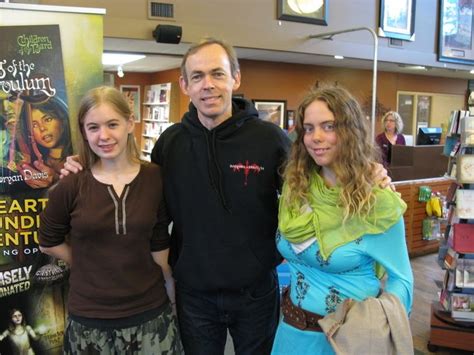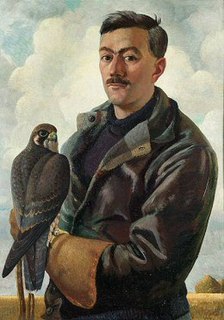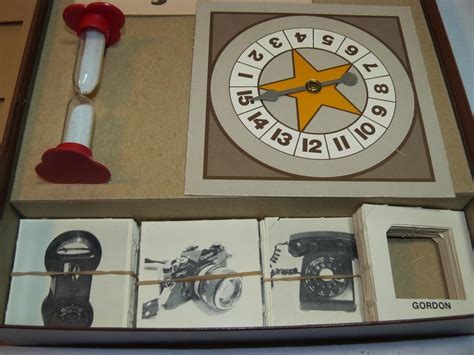A Quote by Bryan Davis
Dikaios smacked Elam with his tail. "His curiosity wouldn't kill a sick kitten, much less a cat.
Related Quotes
The cat will keep his side of the bargain. He will kill mice, and he will be kind to babies when he is in the house, just so long as they do not pull his tail too hard. But when he has done that, and between times, and when the moon gets up and night comes, he is the Cat that walks by himself, and all places are alike to him. Then he goes out to the Wet Wild Woods or up on the Wet Wild trees or on the Wet Wild roofs, waving his wild tail and walking by his wild lone.
Why are you chasing your tail so?" Said the kitten, "I have learned that the best thing for a cat is happiness, and that happiness is my tail. Therefore, I am chasing it: and when I catch it. I shall have happiness." Said the cat, "My son, I, too, have paid attention to the problems of the universe. I, too, have judged that happiness is in my tail. But, I have noticed that whenever I chase it, it keeps running away from me, and when I go about my business, it just seems to come after me wherever I go.
My father was a man of great charity towards the poor, and compassion for the sick, and also for servants; so much so, that he never could be persuaded to keep slaves, for he pitied them so much: and a slave belonging to one of his brothers being once in his house, was treated by him with as much tenderness as his own children.
The writer can grow as a person or he can shrink. ... His curiosity, his reaction to life must not diminish. The fatal thing is to shrink, to be interested in less, sympathetic to less, desiccating to the point where life itself loses its flavor, and one’s passion for human understanding changes to weariness and distaste.
The cat Horus shot out from under the table and headed for the door, his ears flattened and his tail straight out. There he encountered Abdullah, who had been waiting for us on the verandah and who had, I supposed, been alarmed by Emerson's shouts and hurried to discover what disaster had prompted them. The cat got entangled in Abdullah's skirts and a brief interval of staggering (by Abdullah), scratching (by Horus) and swearing (by both parties) ensued before Horus freed himself and departed.



































